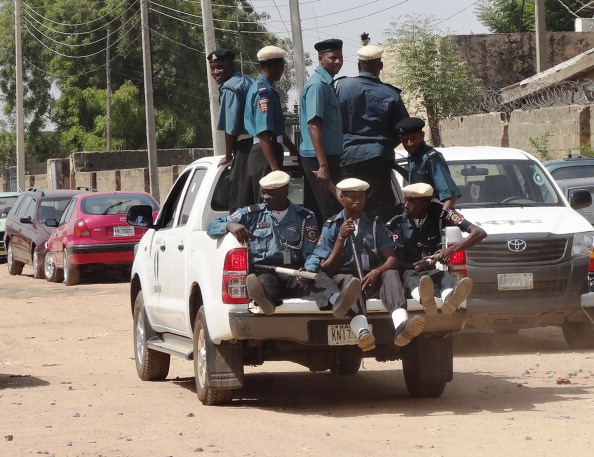The Nigerian Supreme Court on Friday overturned the 2005 National Lottery Act, which established the National Lottery Commission and legalized sports betting and gambling across the country.
The court ruled that gambling regulation falls under the jurisdiction of state governments, marking a significant shift in the oversight of the industry.
The ruling has sparked immediate reactions, particularly in Kano State, where Islamic sharia law operates alongside federal law. Abba Sufi, Director General of the Kano Hisbah, the state’s religious police, announced plans to intensify crackdowns on betting establishments.
“We will resume our clampdown on betting shops with renewed determination since betting is illegal under Kano state sharia law,” Sufi told AFP.
READ ALSO: Kano Hisbah Arrests Men and Women for Bathing Together
Kano, one of 12 predominantly Muslim states practicing Islamic law in northern Nigeria, has consistently opposed gambling.
Last month, Hisbah officials raided and shut down numerous football betting shops in the state, accusing them of promoting activities prohibited under sharia law.
The raids were temporarily halted after the National Lottery Commission intervened, citing the federal law’s provisions.
However, with the Supreme Court’s ruling, Kano authorities are now set to resume their operations against betting establishments.
“With this verdict, the controversy on who should be in charge of lottery legislation between the federal government and state governments has been settled,” Sufi said, adding that the lottery law had been a source of contention for its perceived endorsement of gambling, which is forbidden in Islam.
Kano is home to around 200 betting shops, where customers gather to watch soccer matches, horse races, and other events while placing bets, according to Sydney Emeafu, head of the National Union of Gaming and Lottery Workers (NUGLOW) in Kano.
READ ALSO: Hisbah Arrests 7 Women For Stealing Fabrics At Kwari Market
Sufi noted that the Hisbah’s actions were spurred by complaints from parents concerned about young people being lured into gambling through their enthusiasm for football teams.
“The harsh economic climate is pushing more people into this football gambling, hoping to make easy money and becoming hooked to the vice,” Sufi added.
The Supreme Court’s decision not only empowers states like Kano to enforce stricter gambling laws but also raises questions about the future of the gambling industry in states where it is permitted.
While some states may embrace the opportunity to regulate gambling independently, others, like Kano, are likely to use the ruling to reinforce religious and cultural opposition to betting.
AFP
